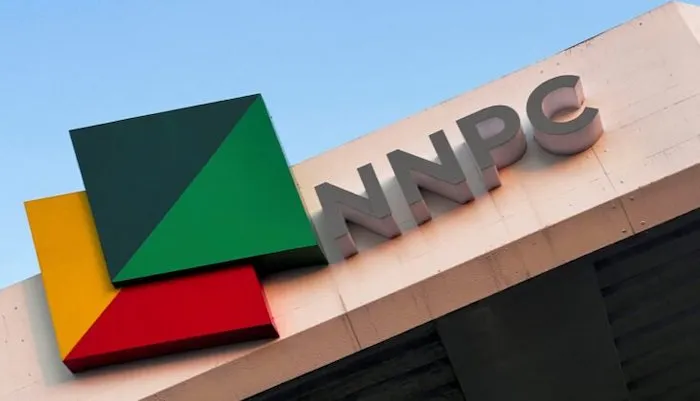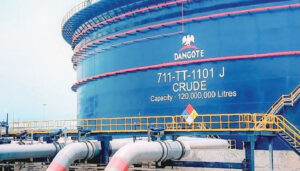
The Nigerian National Petroleum Company Limited (NNPCL) has committed a hefty N235.6 billion to frontier oil exploration between January and July 2025, raising fresh debate over the government’s energy priorities amid climate concerns and lingering grievances from oil-producing communities in the Niger Delta.
According to official financial documents sighted at the weekend, the deductions, made directly from the Frontier Exploration Fund (FEF), represent 30 per cent of Profit Sharing Contract (PSC) proceeds as stipulated under the Petroleum Industry Act (PIA). The fund was created to bankroll exploration in frontier basins such as the Chad Basin, Benue Trough, Anambra Basin and the Kolmani field straddling Bauchi and Gombe states.
The NNPCL said the allocations are in line with the PIA framework, which provides a statutory annual financing of about $400 million for oil search outside the Niger Delta.
The company’s Group Chief Executive Officer, Mr. Bayo Ojulari, who assumed office in April, had reaffirmed government’s resolve to restart drilling in the northern region. Speaking in May, he announced that operations at the Kolmani field would resume by June, insisting that exploration in frontier basins “remains a top priority.”
Ojulari, who had earlier told the BBC Hausa Service that government was “on track with prospects for oil in the North,” described the push as critical to diversifying Nigeria’s oil geography.
But the latest figures underscore the scale of the financial commitment. In January, NNPCL deducted N22.2 billion; February, N31.7 billion; and March, N38.3 billion. Deductions peaked in April at N61.4 billion, before moderating to N36.5 billion in May and N38.7 billion in June. By July, allocations dropped sharply to N6.8 billion.
In all, N235.6 billion was channelled to frontier exploration in just seven months.
The figures draw stark comparison with the Host Communities Development Fund (HCDF), which guarantees oil-bearing communities three per cent of operating companies’ budgets. Data from the Nigerian Upstream Petroleum Regulatory Commission (NUPRC) show that host communities in the Niger Delta have received a total of N328.2 billion in the past four years — only N92.6 billion higher than the frontier fund in less than a year. On a monthly average, the FEF disbursement of N33.7 billion dwarfs HCDF’s N6.8 billion, by nearly five times.
This imbalance has fuelled renewed criticism from stakeholders in the Niger Delta, who argue that Abuja appears keener on opening new oil fields in politically strategic regions than addressing decades of environmental degradation and underdevelopment in existing oil-producing areas.
Environmental groups have also questioned the rationale for pouring billions into frontier drilling at a time when the world is moving away from fossil fuels. Successive governments have reportedly spent over $3 billion on northern oil search in the past two decades with little commercial breakthrough, despite claims of a one billion barrel reserve in the basin.
Four years after the passage of the PIA, the sharp tilt towards frontier allocations has reopened old wounds about equity, transparency and the direction of Nigeria’s oil policy.







